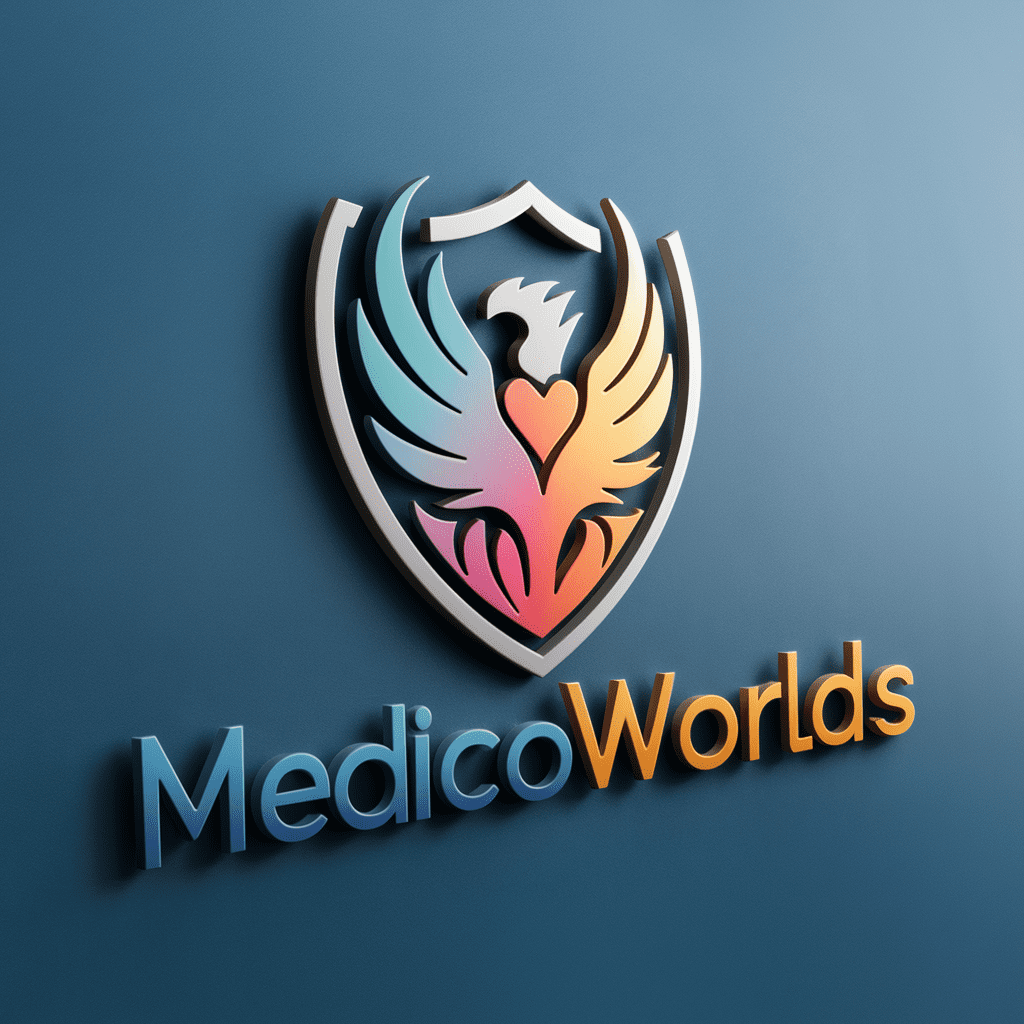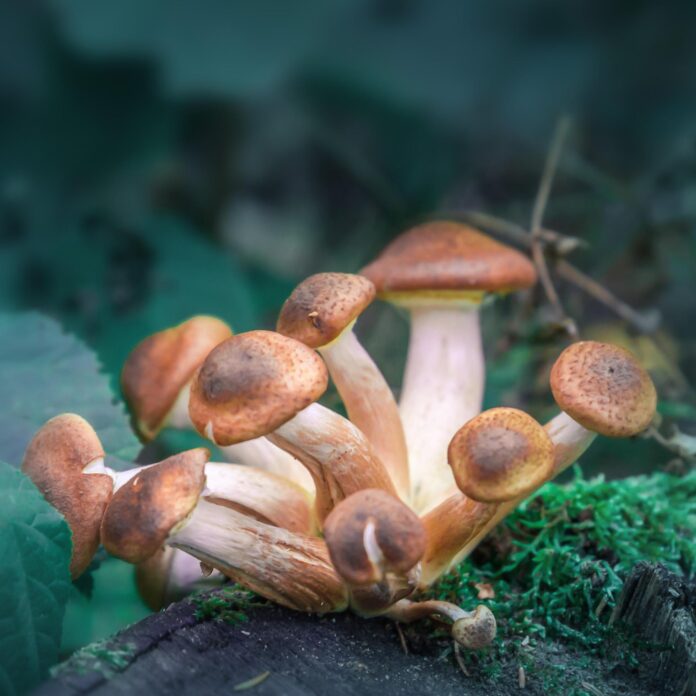Researchers conducted a study to explore the potential of the psychedelic compound found in magic mushrooms to alleviate depression. Their investigation revealed that a single dose of psilocybin, when administered alongside psychological support, was notably more effective at reducing symptoms of major Cure Your Depression compared to a placebo. This groundbreaking study, which was published in JAMA on August 31, represents a significant improvement over previous research efforts. However, experts emphasize the need for longer-term trials to ascertain whether these benefits endure beyond six months.
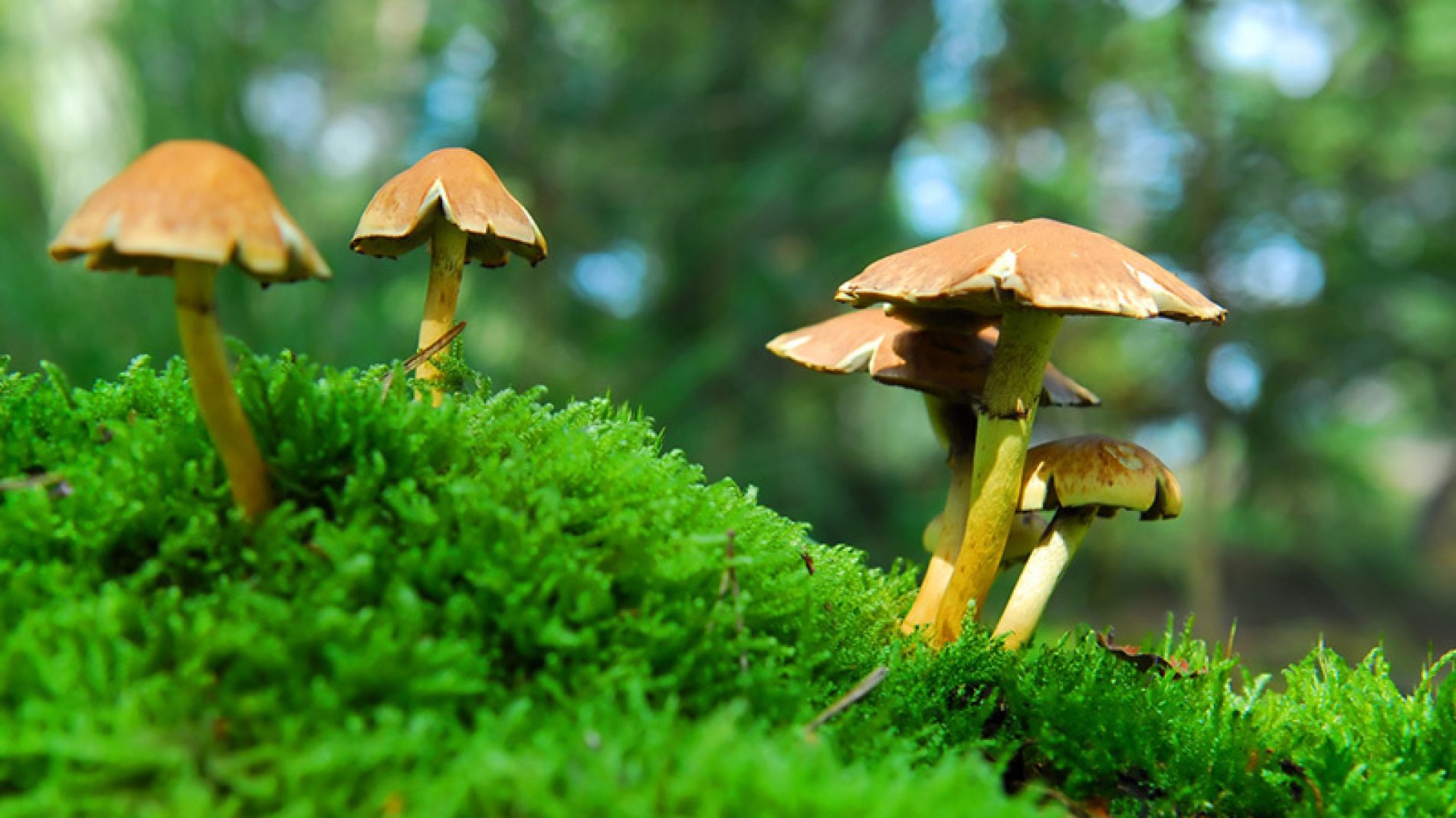
Notably, the study showed that individuals who received psilocybin experienced a substantial improvement in their depression scores, surpassing those who received a placebo without psychedelic properties. Psilocybin, derived from magic mushrooms, emerged as a promising psychedelic compound in this context.
Furthermore, participants who underwent psilocybin therapy reported a reduction in the overall severity of their condition, along with marked improvements in anxiety symptoms and overall quality of life. An important distinction from conventional antidepressant medications is that psilocybin use did not lead to “emotional blunting,” a state characterized by insensitivity to both positive and negative emotions.
The findings of this study contribute significantly to the growing body of evidence suggesting that psilocybin when combined with psychological support, could offer an alternative treatment for individuals suffering from a major depressive disorder. In an accompanying editorial, Rachel Yehuda, Ph.D., and Amy Lehrner, Ph.D., from the Icahn School of Medicine at Mount Sinai, noted, “Although the trial was relatively small, it demonstrated that a single dose of psilocybin, within the context of a six-week period that included active psychotherapy, resulted in a rapid, robust, and sustained reduction in depressive symptoms.”
Decrease in depression symptoms with psilocybin
Major depressive disorder, also known as clinical depression, stands as a significant medical condition with profound effects on both mood and behavior, as well as on physical functions like appetite and sleep.
Antidepressant medications, traditionally, have addressed it, successfully ameliorating symptoms in 40% to 60% of individuals grappling with moderate or severe depression over six to eight weeks. Nonetheless, these pharmaceutical interventions come with a range of adverse effects, including headaches, dizziness, and sexual complications, which can lead some individuals to discontinue their treatment.
In recent times, there has been a growing interest among researchers in exploring the therapeutic potential of psychedelics, such as psilocybin – the active compound found in magic mushrooms – for the treatment of depression and various other mental health conditions.
To overcome certain limitations observed in earlier psilocybin studies, such as small sample sizes and the potential for participants and researchers to distinguish between psilocybin and a placebo, researchers conducted a phase 2 clinical trial. They published the results of this trial in JAMA on August 31.
This new study enrolled a total of 104 participants, ranging in age from 21 to 65, all of whom met the criteria for major depressive disorder but were in otherwise good health. Approximately half of the participants were female, with the majority being of Caucasian ethnicity. Most of them were experiencing recurrent depression rather than a first episode.
The study occurred at 11 different locations across the United States between 2019 and 2022. Prospective participants were disqualified for various reasons, including having moderate or severe alcohol use disorder, recent use of psychedelics within the past five years, a history of suicidal thoughts or behavior within the past year, or undergoing treatment for depression involving deep brain stimulation.
To mitigate potential biases, researchers randomly assigned individuals to receive either a single oral dose of 25 milligrams of psilocybin or 100 milligrams of niacin. Participants underwent a gradual reduction and cessation of their regular antidepressant medications before administering this dosage.
Researchers employed niacin as an active placebo because it lacks psychedelic effects but induces harmless reddening of the skin, thereby reducing the likelihood that participants and researchers could deduce which compound was administered.
Throughout the study, researchers assessed participants’ depression symptoms at the outset and subsequently at intervals of 2, 8, 15, 29, and 43 days following the administration of psilocybin or niacin. Additionally, participants were queried about their anxiety symptoms, any encountered side effects, and their overall quality of life. To minimize potential biases, these assessments were conducted via telephone.
The Usona Institute Inc., a nonprofit medical research organization, sponsored the study, provided the psilocybin used in the trial, designed the study, and played a role in interpreting the study data and drafting the scientific manuscript.
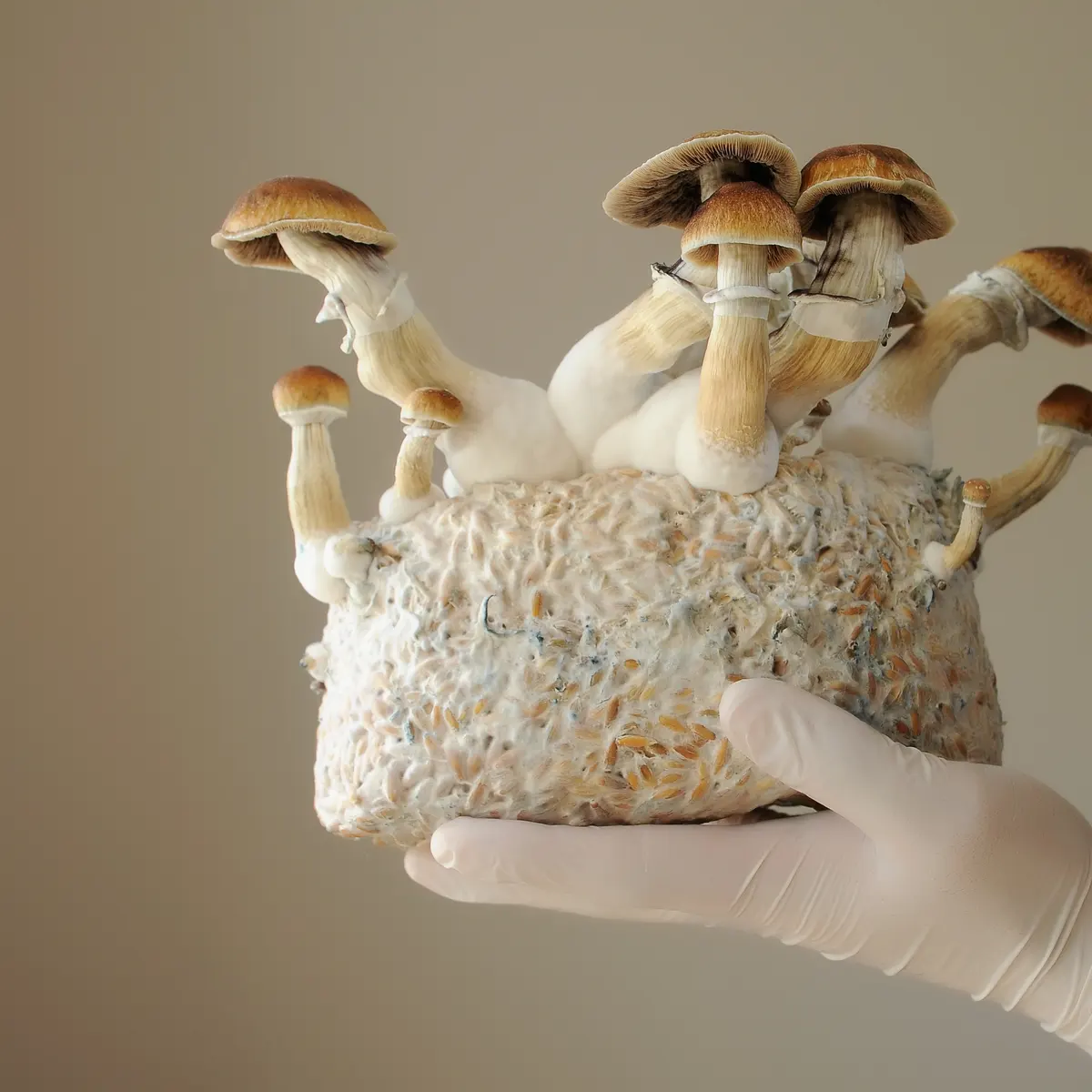
Psilocybin doesn’t work for everyone
After six weeks, those who received psilocybin exhibited a more substantial average improvement in their Cure Your Depression symptoms compared to those who were given niacin.
The researchers characterized the magnitude of this improvement observed within the psilocybin group as a “substantial clinical improvement” among individuals struggling with treatment-resistant Cure Your Depression.
Interestingly, these positive changes in Cure Your Depression symptoms within the psilocybin group became noticeable as early as eight days following the administration of psilocybin, suggesting a rapid onset of action. Importantly, these improvements were sustained throughout the six-week follow-up period.
Nevertheless, it is important to note that not all participants experienced such profound benefits from psilocybin, a pattern consistent with previous research findings.
Dr. Manish Sapra, a psychiatrist and executive director for behavioral health services at Northwell Health, remarked, “From this study, it looks like psilocybin is not going to work for everyone.” However, he emphasized that even the most effective antidepressant drugs currently available are effective in only approximately two-thirds of the population. Thus, any improvement beyond that threshold would be noteworthy.
However, due to the relatively small sample size of the study, it remains challenging to ascertain how many individuals in the real world would derive benefits from psilocybin.
Furthermore, researchers noted that psilocybin was generally well-tolerated, with most negative side effects being of “mild or moderate” severity and short-lived in nature. The most common side effect reported was headaches, followed by nausea and hallucinations. Visual disturbances predominantly occurred on the day of dosing, with only a small number of individuals experiencing them later; these effects had dissipated by the conclusion of the study.
While this study made progress in addressing certain limitations observed in earlier research, it had its shortcomings. Notably, the lack of ethnic and racial diversity among participants made it challenging to determine if other demographic groups would experience similar benefits.
Additionally, the study did not provide insight into whether the benefits of psilocybin extend beyond the six-week mark. However, a prior study suggested that these effects might endure for at least a year after dosing.
Dr. Sapra expressed optimism, stating, “The results are very encouraging.” However, he emphasized the need for long-term trials to assess the sustainability of these improvements in patients. Longer-term studies, spanning a year or more, could also shed light on whether patients require repeated or maintenance treatments with psilocybin to maintain these benefits.
Furthermore, Dr. Sapra noted that if psilocybin were to receive approval from the Food and Drug Administration as a treatment for major Cure Your Depression, ongoing studies would offer valuable data regarding the substance’s safety and effectiveness in real-world settings.
Psychological support is key
When it comes to psychedelics, the treatment involving psilocybin goes beyond merely administering the dose and sending individuals home.
“Psychedelics can … induce challenging and difficult experiences,” as pointed out by Yehuda and Lehrner. Therefore, they emphasized that individuals should use these substances carefully and in the presence of facilitators or therapists trained to work with people experiencing nonordinary states of consciousness.
In the recent study, participants underwent a thorough preparatory process lasting six to eight hours before receiving their dose of psilocybin (or niacin). Research staff conducted this preparation phase in conjunction with the participants.
The dosing session, spanning seven to ten hours, took place in a comfortable environment under staff supervision. During this phase, staff encouraged participants to wear eyeshades and listen to soothing music through headphones.
Following the dosing session, there was a four-hour integration session with staff, during which participants had the opportunity to discuss their experiences.
Yehuda and Lehrner emphasized the need for further research to ascertain which patients stand to gain the most from psychedelic treatments, whether repeated treatments are both beneficial and safe, and what the ideal dosage and treatment methods should be.
If psychedelic treatments do indeed demonstrate lasting effects after just a single or a few sessions, they hold the potential to not only introduce a new approach to mental health care but to usher in an entirely novel paradigm of care, they concluded.
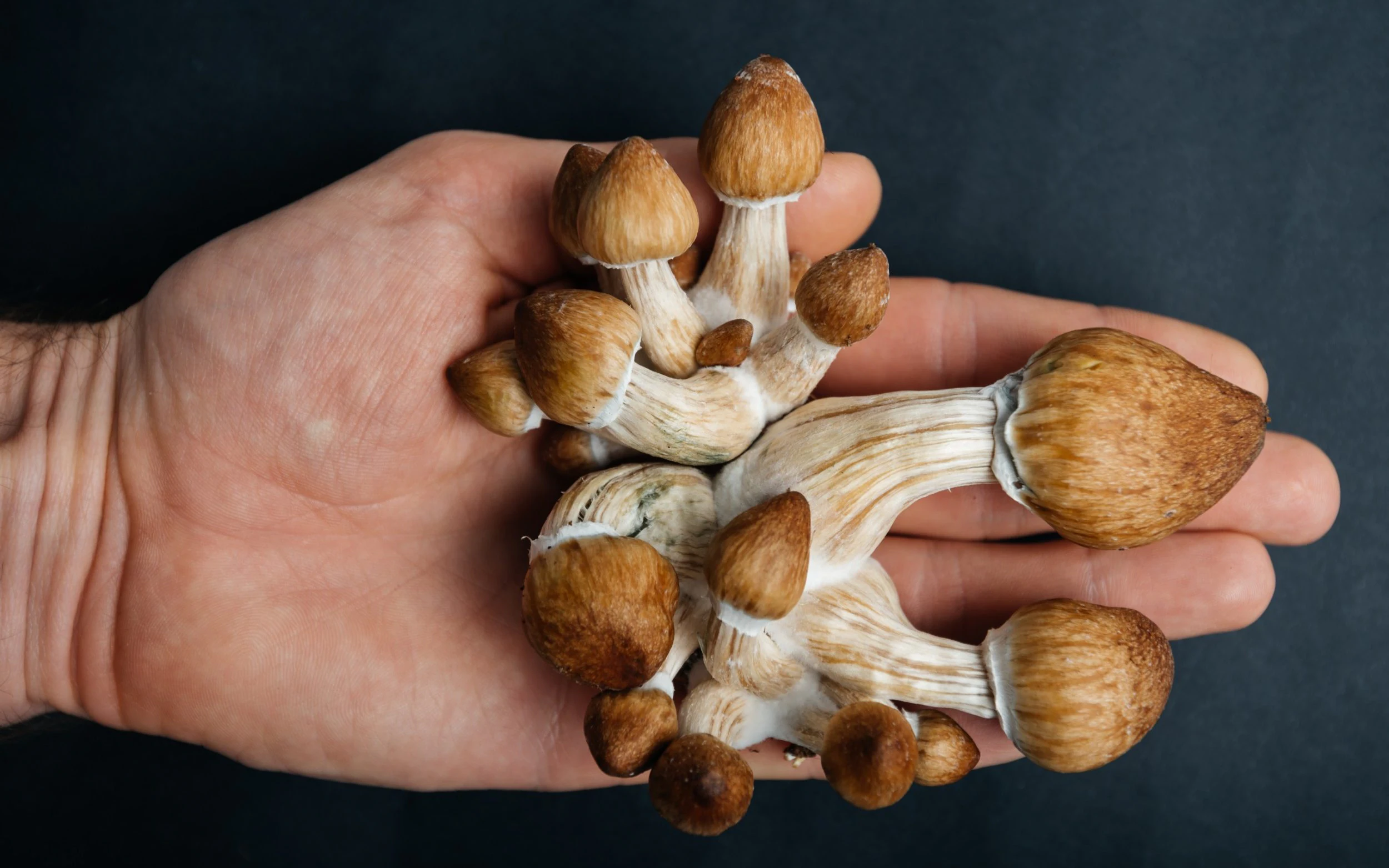

Takeaway
During a 6-week clinical trial, researchers observed that a solitary administration of psilocybin, complemented by psychological support, yielded more significant improvements in Cure Your Depression symptoms compared to a non-psychedelic placebo.
Participants generally tolerated psilocybin well, with the most common side effects being headaches, nausea, and hallucinations. They primarily experienced visual effects on the dosing day, and these effects had completely disappeared by the study’s conclusion.
Despite the overall reduction in Cure Your Depression symptoms surpassing that of the placebo, it’s worth noting that not all participants derived equal benefits from the psychedelic treatment.https://edition.cnn.com/2022/11/02/health/psilocybin-magic-mushroom-depression-wellness/index.html
